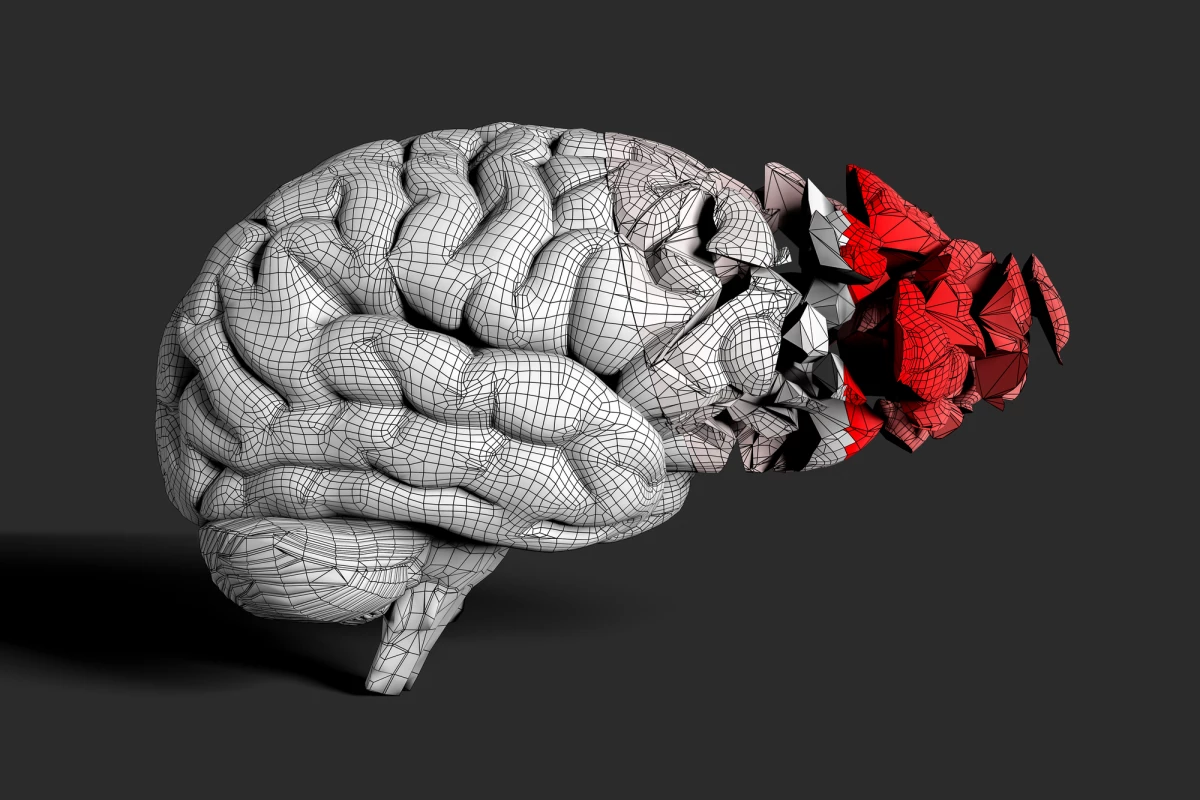After years of preclinical work, Japanese researchers have announced a new kind of drug treatment for dementia and Alzheimer’s disease is ready to move to human clinical trials. A number of animal studies have shown the novel drug to improve cognition and reduce signs of neurodegeneration in a number of dementia-causing diseases.
A few years ago a team of researchers developed a novel therapeutic molecule called SAK3. The molecule is a T-type calcium channel enhancer. In simple terms it is designed to promote neuronal activity by increasing releases of acetylcholine and dopamine, two neurotransmitters found to reduce in activity in neurodegenerative disease.
Initial tests in Alzheimer’s mouse models were promising. SAK3 both improved cognitive deficits and reduced the build-up of the amyloid proteins often implicated in Alzheimer’s progression. Further preclinical tests suggested SAK3 could be more broadly effective in neurodegenerative diseases beyond just Alzheimer’s.
So, this new study focused on Lewy Body Dementia, a condition characterized by a build-up of misfolded alpha-synuclein proteins and the second most common type of dementia after Alzheimer's. The results, published in the International Journal of Molecular Sciences, are incredibly promising, indicating SAK3 could be effective in treating several kinds of neurodegenerative diseases.
"We found that chronic administration of SAK3 significantly inhibited the accumulation of alpha-synuclein in the mice," explains Kohji Fukunaga, an author on the new study. "Even after the onset of cognitive impairment, SAK3 administration significantly prevented the progression of neurodegenerative behaviors in both motor dysfunction and cognition.”
Fukunaga says SAK3 seems to effectively improve the brain’s natural ability to seek and destroy the misfolded proteins that characterize many neurodegenerative diseases. As well as improving pathological signs of these diseases, preclinical tests indicate the therapy can also improve cognitive dysfunction.
"There are currently no disease-modifying therapeutics for neurodegenerative disorders such as Alzheimer's disease, Lewy body dementia, Huntington disease and frontotemporal dementia in the world," says Fukunaga. "We discovered the novel, disease-modifying therapeutic candidate SAK3, which, in our studies, rescued neurons in most protein-misfolding, neurodegenerative diseases."
Of course we won’t know how promising SAK3 really is until trials investigate the drug’s efficacy in humans. Luckily the researchers say they are finally ready to move in that direction. Approvals have been granted and first phase human clinical trials are set to commence sometime over the next year.
The new study was published in the International Journal of Molecular Sciences.
Source: Tohoku University




